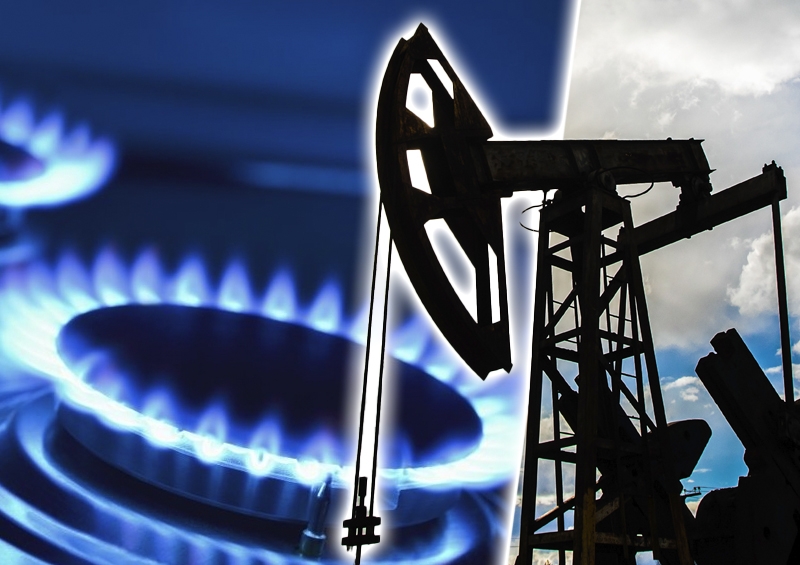A warm winter in Europe and the US continues to lower gas prices and increase pressure on oil prices

In Europe, December and January turned out to be quite warm, and according to forecasts, low temperatures are not expected in the next 7-14 days, which increases the pressure on global prices for gas and, accordingly, oil.
According to the ISE exchange, at the TTF hub in the Netherlands, gas quotations fell to $780/per 1,000 m 3 , which corresponds to last year's level.
Germany's underground storage facilities are 90% full, and the country has announced a complete withdrawal from the use of Russian oil, gas and coal.
March Brent oil futures on the London ICE exchange have fallen by 4.5% to $82.1/barrel since the beginning of January, and February WTI oil futures have fallen by 4.3% to $76.9/barrel. barrel, corresponding to last month's level and completely canceling the growth of the previous two weeks.
Analysts believe that the reason for the collapse of prices is negative data on the Chinese economy and the forecast of the head of the IMF that 2023 will be more difficult than 2022. Markets should not expect a quick recovery of the Chinese economy after three years of quarantines, massive bankruptcy of small and medium-sized enterprises, a sharp increase in the unemployment rate and norms of social gatherings, as well as the rapid spread of morbidity and mortality in recent months.
The market is under pressure from the drop in Russian oil prices, caused by sanctions and the European embargo. During December, Russian Urals oil fell in price by 25% to $52/barrel, and its exports decreased by 22%.
Currently, two segments have formed on the oil market. The first includes the G7 countries, the EU and Australia, and the second includes the BRICS countries. The discount between the price of the world's main oil brand Brent, produced on the Brent, Forties, Oseberg and Ekofisk offshore fields, and the price of Russian Urals oil reached a record 58%. The main buyer of Russian oil is now India, which has increased purchases 36 times to 1.08 million barrels/day, which is 830,000 barrels more than China's purchases.
China is restrained in importing oil from the Russian Federation due to possible sanctions from the USA and a decrease in the pace of economic development against the background of the spread of covid disease.


